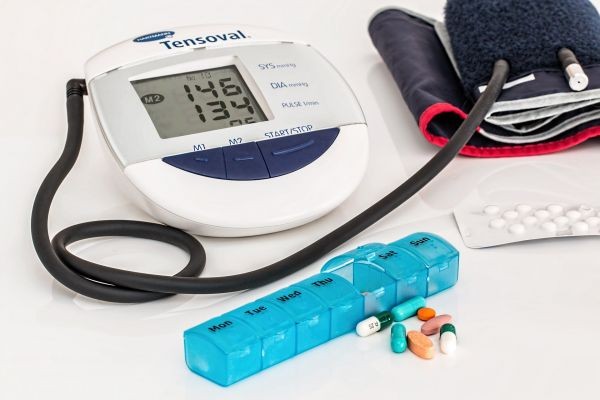Exercise & the control of blood pressure
Causes of high blood pressure (hypertension)
There are a range of effective drugs for treating hypertension, however all drugs have side effects so it is clearly better to start treatment by tackling any aspect of lifestyle which may be contributing to the high blood pressure (BP). Some of the common ones are:
- Obesity: Being overweight or obese significantly increases blood pressure, particularly central obesity. Losing weight reduces blood pressure so should be one of the first aims of hypertensive patients, and exercise can play a big part in helping with this.
- Alcohol: Excessive alcohol intake (21 or more units for men and 14 or more for women) contributes to raised BP. Alcohol is also a source of calories and just reducing drinking can have a significant effect on body weight, as mentioned above.
- Salt: Reducing salt consumption usually reduces BP.
- Inactivity: Exercise is an effective tool in the fight against hypertension.
Reducing your BP with exercise and other lifestyle changes such as losing weight and cutting back on salt and alcohol intake are more risk-reducing than taking pills
Exercise in the prevention of raised blood pressure
Regular exercise and good levels of physical fitness are associated with lower body weight and this alone results in lower blood pressures. However, the role of exercise in the control of BP is additional to that of weight control: Physical fitness has a direct effect on blood pressure and the fitter you are the lower your BP. A large Harvard alumni study showed that those who engaged in regular vigorous leisure activities had a 33% lower risk of developing hypertension than those who took little exercise. There is a dose response relationship between physical fitness and BP – that is to say that the fitter you are the lower your BP is likely to be.
Increasing age brings a gradual increase in average BP but all is not lost! You’ll be pleased, and probably not surprised to hear that this also can be modified by increasing levels of physical activity. A cohort from the Aerobics Center Longitudinal Study (totalling 13,953 men aged 20 to 90 years), was followed up for up to 28 years after treadmill testing to measure physical fitness. Systolic pressure increased over the whole period but those with higher fitness level had a slower increase. The fitter the individual the lower the risk of developing hypertension and the older they were when (if) it did develop.
Whatever your BP maybe you would probably be better off if, by your own efforts, you could bring it down. So, avoid too much salt, drinking too much alcohol, being obese and, surprise, surprise, taking too little exercise. A bout of exercise reduces BP for several hours, while exercise training reduces BP both at rest and during exercise. It is likely that reducing your BP with exercise and other lifestyle changes such as losing weight and cutting back on salt and alcohol intake are more risk-reducing than taking pills because each lifestyle change has many other benefits. Often these can reduce BP sufficiently to allow the previously hypertensive patient to stop taking medication.


